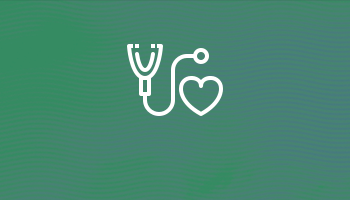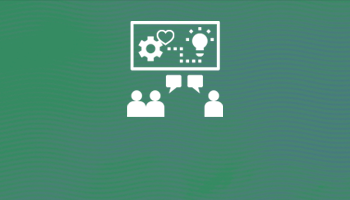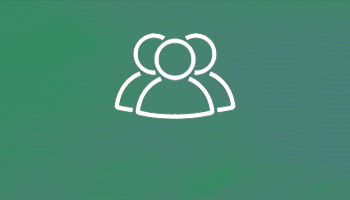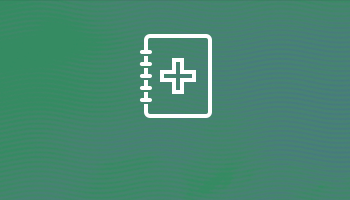Maintaining your health is key to being successful in college. The Health Education & Promotion (HEP) office at Stanislaus State is here as a primary resource to support your wellness so you can excel academically. Professional staff, student staff, and volunteers conduct educational programming focusing on nutrition, physical activity, sexual health, stress management, and alcohol, tobacco and other drug issues.
Explore H.E.P.
HEP office offers wellness workshops on various health topics by request
An integral part of Health Education & Promotion services at Stanislaus State
Wellness in the Virtual Classroom Toolkit & Social Norming Campaign
Quick Links
Updated: January 14, 2026





